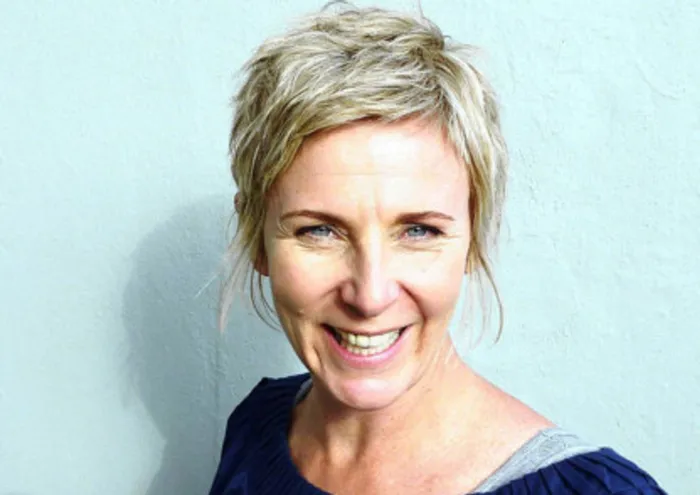Helen Walne’s Human League

In Neuquen, Patagonia, 8 800km from New York, my host took me to the town’s newly opened Walmart. She wanted to show me how big it was, how cheap it was, how very global it was.
“Look!” she said as we wandered down the aisles, “there’s everything.”
She was right. I bought three pastries filled with caramel, a pair of bed socks and a photo frame. “It’s cheap, no?” my host said, “even though it’s los Yankees.”
Now Walmart is set to land on our shores. Like a huge, hovering spacecraft crammed with alien products and shiny tills, it will settle on hills and parking lots, and we will watch open-mouthed.
Some will rush towards it, wallets extended, eager to be abducted. “They’ve come to save us! They’ve come to save us! Oh, how big they are!”
Others will not believe. They will feel threatened and scared. They’ll talk about monsters. But on Sundays, when no one’s looking, they will slip in through the back door and buy something – a watch battery, a pair of tongs, a lip-ice that smells like melons. Just so they can say they’ve been.
Last week, I bought a bag of courgettes. They cost me R6. The woman selling them at the taxi rank told me I had “beu-tee-ful” legs, so I bought another bag of courgettes, a small pocket of potatoes, some spinach and a bag of pears. Total cost: R32.
At Hout Bay harbour a few days later, a fisherman blinked against the rain as he spat about the new fishing quotas. “This was my grandfather’s,” he said, pointing at a peeling boat bobbing in the grey water. “They’ve slashed my catch down to nothing. I have a family to support.”
Further down the jetty, past a lorry being loaded with tuna – each stiff fish thudding in the back as they were counted and tossed – a bearded man watched as three workers shovelled ice down a chute onto a boat.
He told us he would be at sea for four days. He used to be an accountant. The hooked poles were gaffes. Yes, the toilet was tiny. And when I asked him how much he got for tuna, he laughed. “We’re lucky if we get R30 a kilo.”
In the harbour shop, I bought two tuna steaks for R22.
Something is terribly wrong. A new seafood shop has opened in our neighbourhood. It’s tasteful inside. It doesn’t smell of fish. It calls itself a deli. It serves sushi. There, tuna costs R190 a kilogram. Two steaks will set you back about R95. At Pick n Pay, courgettes are R14 a punnet.
For most people in this country, shopping is a necessity, not a leisure activity. The cheapest prices always win.
However, the long-term effect of cheap imports – Chinese cardigans, New Zealand snoek, Brazilian chickens – is a shrinking local economy. Our textile industry has unravelled, our fishermen are sinking and our farmers are wilting. In the short term, there might be bargains to be had, but in the long term, the unemployed will have nothing to bargain with.
It’s also clear that when it comes to local produce, consumers are being ripped off.
How is it that I can buy R6 courgettes from an individual trader, yet a supermarket with bulk-buying clout sells them for more than double the price? How is it that fishermen sell their catch for R30 a kilogram, yet shops flog it on at exorbitant prices?
As consumers, we have a choice. We don’t have to be slaves to supermarket shelves. Cheap doesn’t have to mean poverty. Big doesn’t always equal good.
Up the road from the taxi rank is The Feel Good Store. A social responsibility project by the Foschini Group, it sells clothes at ridiculously cheap prices. Yes, many of the products are imports, but what sets this shop apart is that the clothes are rejects or overruns that have been mended by local, previously unemployed people, and all proceeds go to a non-profit company called Learn To Earn.
In this way, globalisation might have the upper hand, but local consumers and workers reap some benefit.
I now buy most of my vegetables at the taxi rank. Grace might not stock organic mange tout or baby leaf lettuce, but I’d rather put money into her pocket than into the tills of the formal sector.
On Saturday I bought a dress from The Feel Good Store. It has a tiny hole near the neckline, but I don’t mind.
It’s a reminder of the gaps that exist in the fabric of our society.